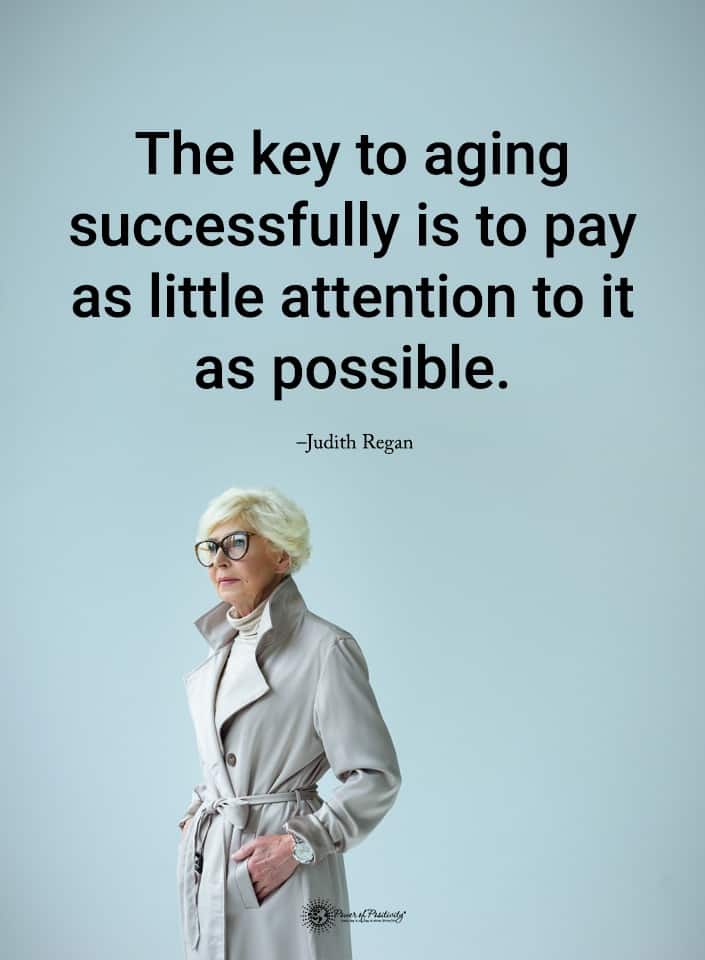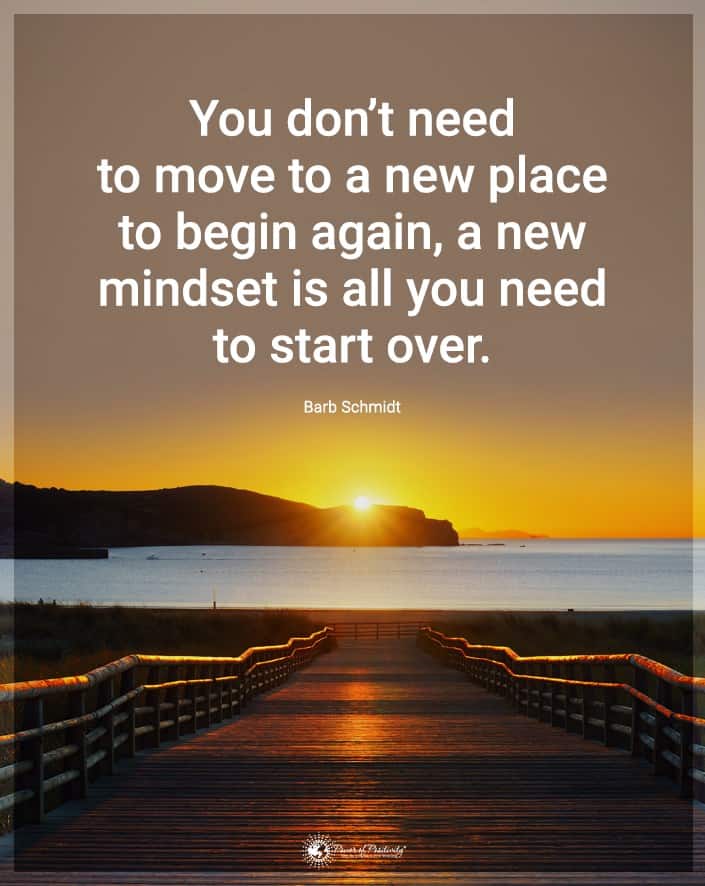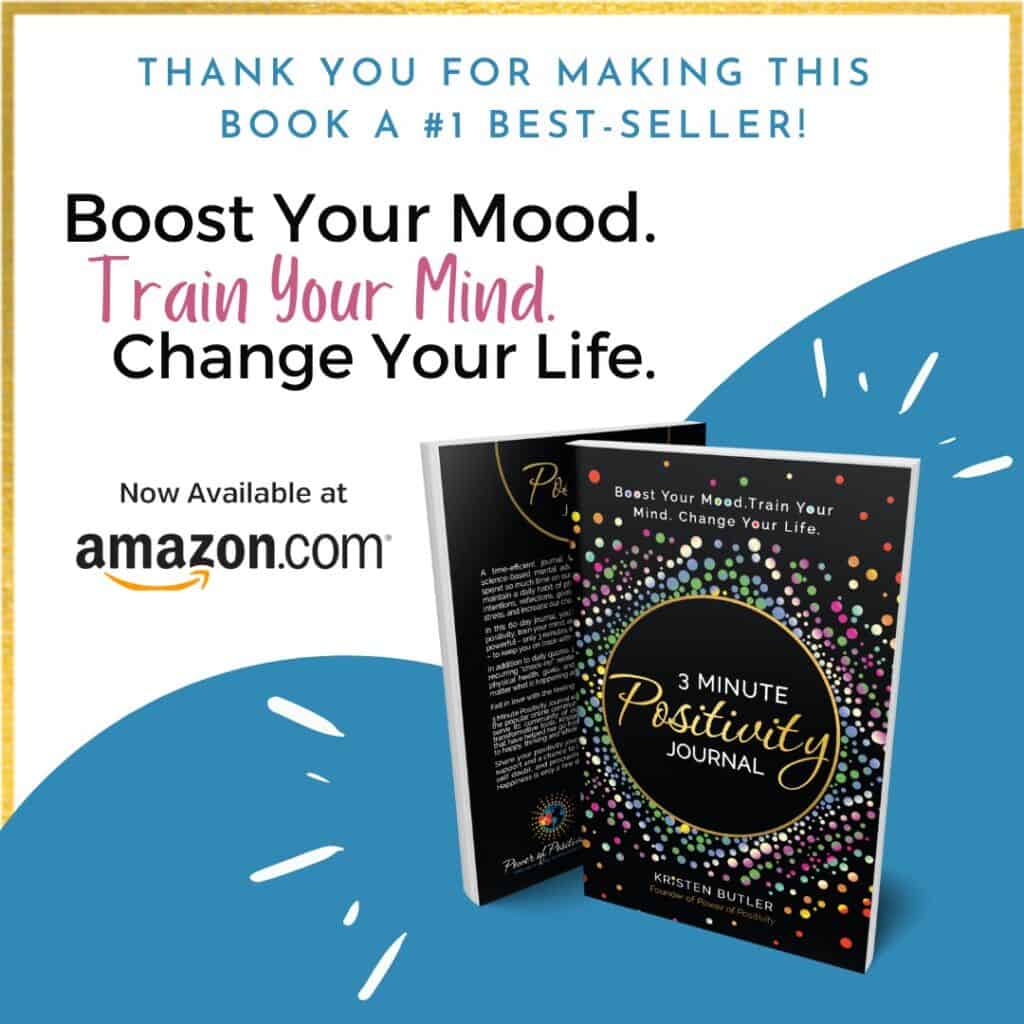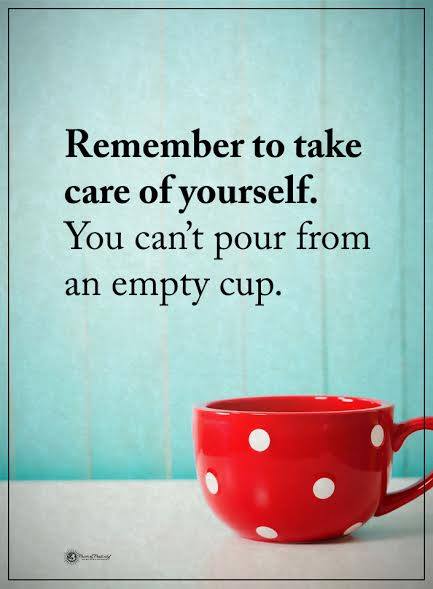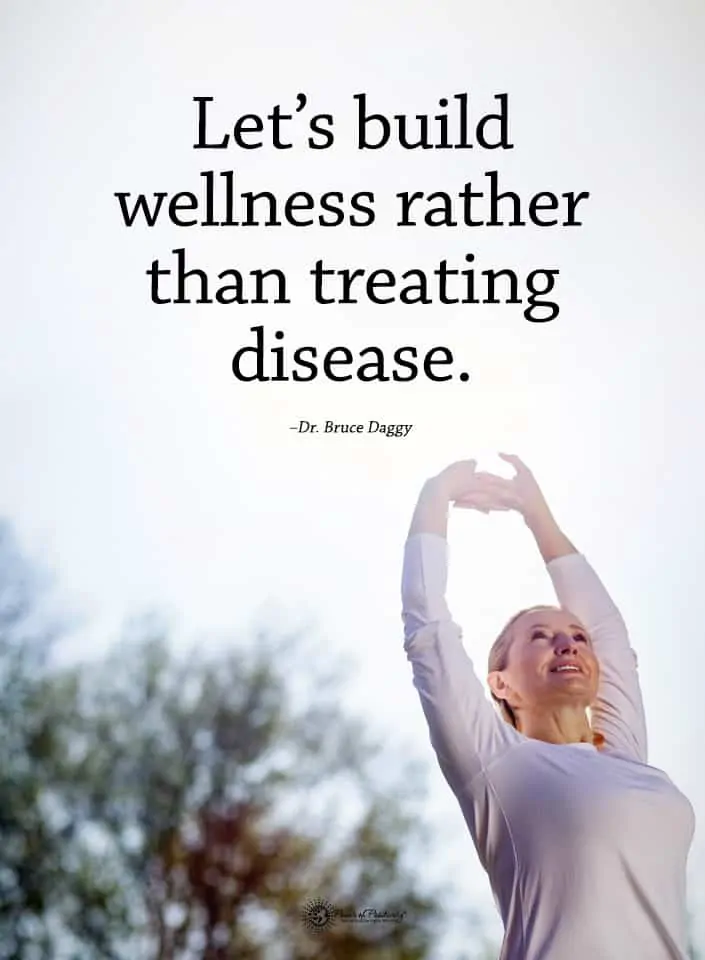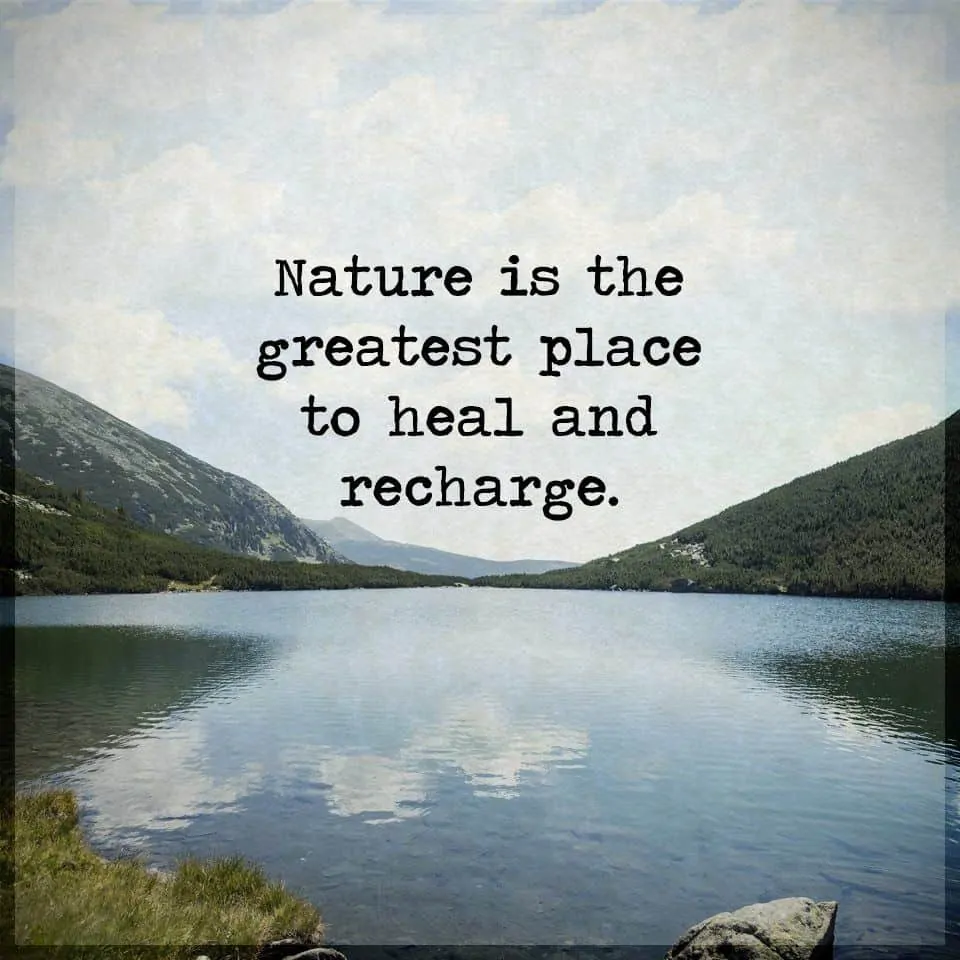Your thoughts and self-talk directly affect your life and development. When you use positive affirmations, you’ll notice a positive change in all areas of your life. Adding motivational statements to your affirmation list can help you move forward and find success in life.
Your mindset determines your overall happiness and success in life. Avoiding negative thoughts and self-talk can make all the difference in finding motivation and determination. The more often you use affirming statements, the more effective they’ll be in your life.
Adding these statements to your affirmation list can improve your mindset and keep you moving forward. They will give you purpose as you understand why things happen the way that they do. Plus, the affirmational phrases will promote motivation and increase your overall sense of self-worth.
Twenty Statements to Add to Your Affirmation List
Daily mantras are most beneficial first thing in the morning, so implement them into your morning routine. However, you can say them anytime throughout the day and even before bed. Read these mantras and add your favorite ones to your affirmation list right away.
 1. I know that everything that happens is for the greater good.
1. I know that everything that happens is for the greater good.
Sometimes, you’ll experience undesirable situations, and things won’t work out how you hoped they would. In these situations, use this affirmation to remember that everything will work out. Even if you can’t see it right now, everything that happens is for the best.
This positive phrase is beneficial because it helps you find hope and motivation to move forward. It can be hard to keep trying when it seems that nothing is going your way, but this phrase puts it in perspective. As you repeat the words, your mind will recognize them as truth, making you feel much better.
2. I do what is best for me so that I can be authentic moving forward.
If you want to stay motivated, you must do what is best for you. Don’t worry about doing what’s best for everyone else because you must put yourself firsts. When you do what’s best for you, you can stay true to yourself, giving you more motivation moving forward.
3. I have determination and ambition that allow me to reach my goals. (An essential addition to your affirmation list)
With determination and ambition, you’ll stay motivated as you work toward your goals. Using this phrase helps affirm your dedication in your mind, making hard work natural for you. No matter what your goals are, staying determined and ambitious will get you there.
4. I release negative thoughts and replace them with positivity.
Negative thoughts can hold you back in all areas of your life. They hinder your motivation and determination as you work on your goals. Use this motivational statement to help you let go of the negativity and embrace positive thinking instead.
5. I forgive the people who hurt me and release their presence from my life.
When someone has hurt you in the past, it can be hard to move forward. However, holding onto the pain can hinder your motivation and prevent you from reaching your goals. If you harbor any resentment or anger about what someone did to you, use this affirmation to help find forgiveness.
Once you’ve forgiven the person, it’ll help you release their presence from your life. As long as you hold onto the negative feelings, they will ruin your energy and consume your thoughts. Allow yourself to let go of it all so that you can focus on motivation for the future.
6. I utilize my talent with confidence. (Remember this, and add it to your affirmation list)
If you know you’re talented, embrace that talent and be confident. You can do something other people can’t do, so use this affirmation to encourage yourself to utilize your talent confidently.
7. I trust the decisions that I make in life.
When you trust your decisions, motivation comes easier. You’ll want to keep working toward your goals because you believe in what you’re doing. Add this statement to your affirmation list to experience motivation and success.
8. I am true to myself with judgment.
When you don’t judge yourself for your decisions and behaviors, you’ll be happy in life. Don’t beat yourself up over who you are because you are the person you are supposed to be. Stay true to yourself and your values, and resist comparing yourself to others or passing judgment.
9. I am the only person who can choose the course of my life. (An affirmation list must-d0)
You have control over your life, even when it doesn’t feel like it. At any moment in your life, you can make a decision that changes everything, and it’s okay to do it. When you change your life to fit what you want for yourself, motivation will come easier.
10. I think about my actions before I do them to ensure it’s the right choice.
When you think things through before you act, you’ll feel more confident in your choice. With confidence, you’ll feel motivated because you know you’re doing the right thing. This statement will help you avoid rushing into things and losing motivation in your journey.
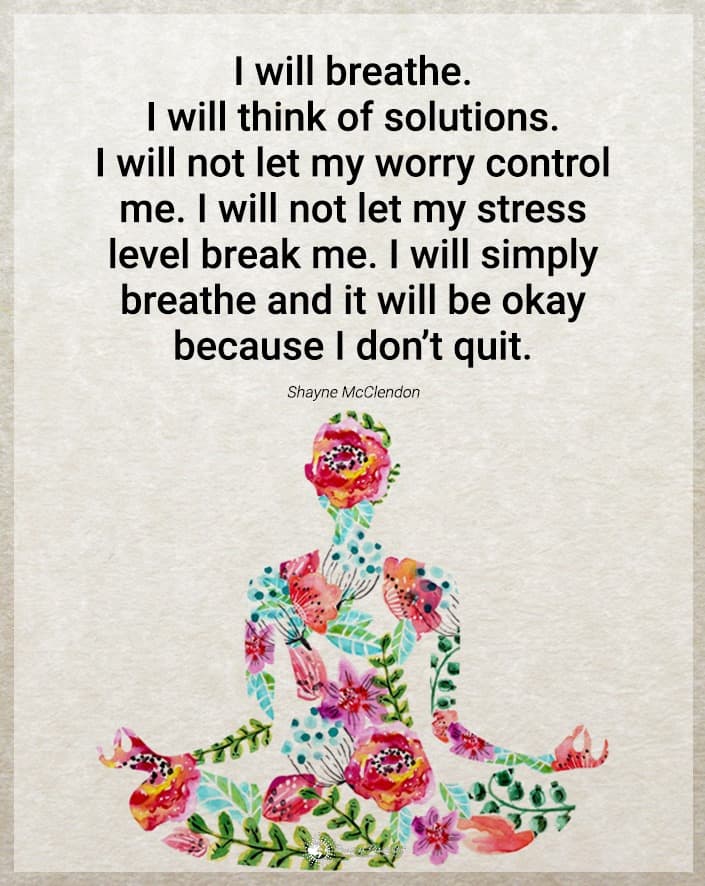 11. I have creative energy that gives me new ideas. (Don’t leave this positivity statement off your affirmation list)
11. I have creative energy that gives me new ideas. (Don’t leave this positivity statement off your affirmation list)
When you feel creative and come up with new ideas, you’ll immediately feel motivated. Creativity has a way of making you want to get started right away, so this affirmation will help you. It helps when you feel like you’re stuck and can’t come up with new solutions, too.
12. I have everything it takes to achieve my goals.
Don’t wait to start working towards your goals. You already have everything you need to achieve them, so look within and find the strength and determination it takes. This phrase will help you get in touch with your talents and skills, building on them as you go along.
13. I trust my intuition and listen to my inner guidance.
When you trust and listen to yourself, you’ll be more motivated in life. If you are sure of each step you take, you’ll find happiness, encouraging you to keep moving forward. However, if you ignore or second-guess your intuition, you might not want to keep trying anymore.
14. I am happy and energetic.
Joy and energy are two things that you can use to motivate yourself. Repeat this statement during your morning routine, and you’ll begin to see the good in your day. It might help if you look in the mirror as you say it, smiling and processing the words as you speak.
15. I can overcome any setback along my journey. (Must-add to the daily affirmation list).
Setbacks and obstacles sometimes make you feel like giving up. You might feel stuck if you can’t figure out an easy way to overcome them, causing you to lose motivation. When that happens, use this affirmation to help you remember that you can always find a way around a problem.
16. I learn valuable lessons each day to improve my life.
Even on seemingly normal days, you can learn something new. This phrase helps you stay motivated because you’ll focus on finding learning opportunities. Sometimes your life begins to seem mundane and repetitive, but having this mindset will help overcome those feelings.
17. I feel the strength and clarity that sets me up for a good day.
When you experience inner strength and a clear mind, you’re sure to feel motivated. Repeating this phrase will help you feel both as it encourages you to look within for the things you need.
Recognizing and feeling your inner strength can help you keep moving forward even when things get hard. Clarity can help you find new ways to accomplish tasks and make good decisions for your life. With strength and clarity, you’re ready for a good day full of motivation.
18. I can conquer every task ahead of me today. (Affirmation list daily essential!)
You never know what will happen in life, so use this affirmation to prepare yourself each day. By adding this statement to your affirmation list, you’ll be ready to conquer anything that happens without losing motivation.
19. I am at peace with everything in my life right now.
When you feel peaceful, you’re more likely to stay motivated. If anxiety, worry, or stress disrupt your mindset, add this phrase to your affirmation list.
20. I work on improving areas of personal weakness.
When you aren’t bettering yourself, it can be easy to lose motivation in life. You must continually learn and grow if you want to stay motivated. Set goals to improve areas that you feel could use some work.
 Final Thoughts on Motivational Statements to Add to Your Affirmation List
Final Thoughts on Motivational Statements to Add to Your Affirmation List
When you need some motivation in your life, add these positive phrases to your affirmation list. Recite them each day to help you stay motivated and determined as you work toward your goals. It’s normal to experience times when you struggle to work hard, but these mantras will quickly help.
Your affirmation list might already have plenty of phrases, but it never hurts to add a few more or switch it up. Find the statements that resonate with you the most right now, and implement them into your routine. Once you make it a habit, you’ll feel motivated more often than before.





 · Being Vulnerable Makes You Likable
· Being Vulnerable Makes You Likable Final Thoughts On Some Best Ways To Make Friends As An Adult
Final Thoughts On Some Best Ways To Make Friends As An Adult